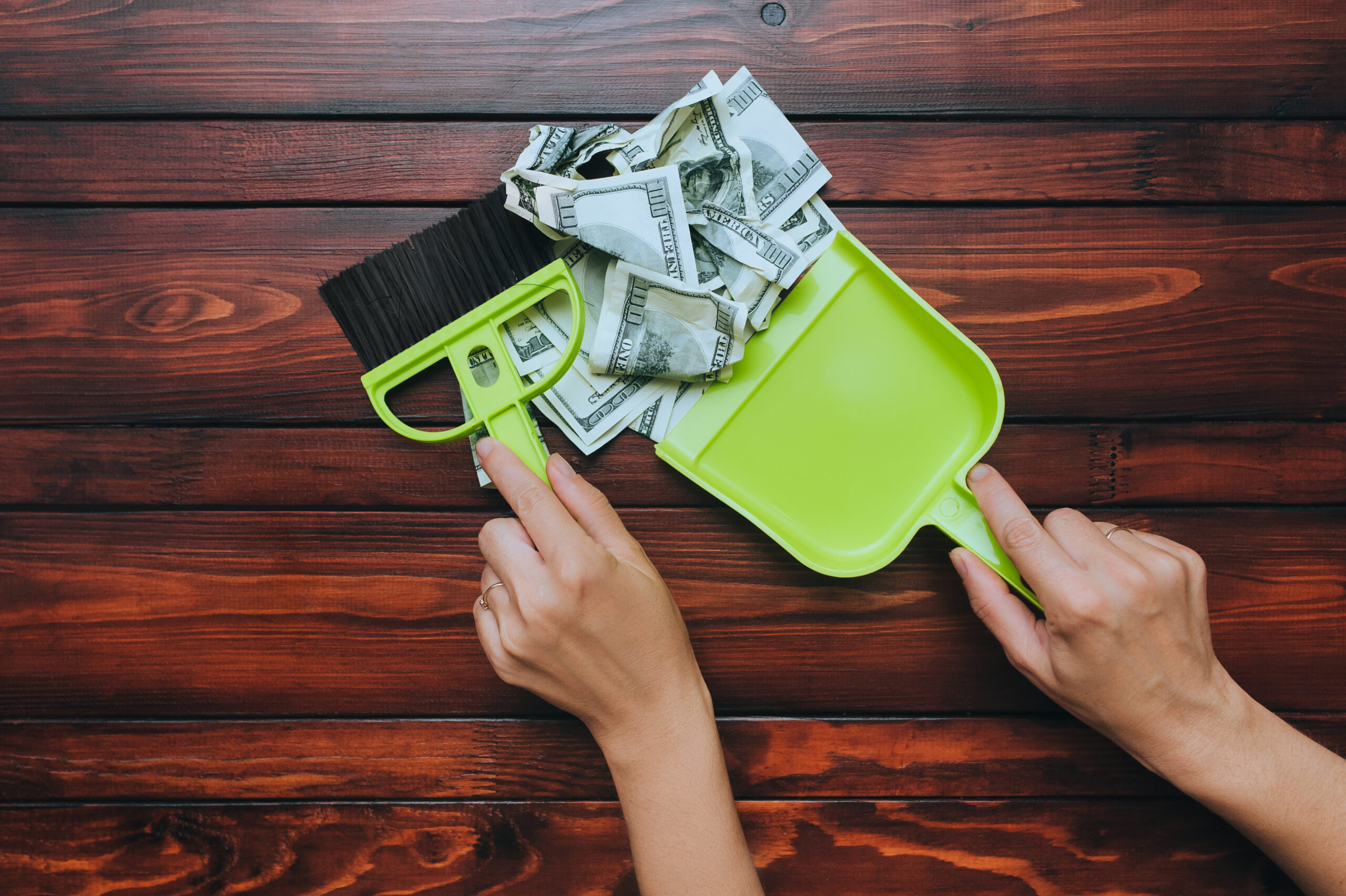Spring Cleaning Your Finances: How to Dust Off Your Financial Literacy
The month of April is primarily known for this Tax Day thing, but it’s also Financial Literacy Month–something else we all need to remember. Have you ever asked yourself, “How well do I know my finances?” The honest answer may surprise you, so this month is crucial for every person.
We all make a living somehow, and when we get paid, we must prioritize where the money goes, how we keep as much as possible, and can you put any in savings without touching it. The basic tenet of financial literacy is improving your relationship with your money.
The National Endowment for Financial Education (NEFE) had a national survey that showed 76 percent of U.S. adults feel financial stress, and 49 percent of adults live paycheck to paycheck. With inflation, supply chain issues, and businesses constantly passing costs down to consumers, that last number will skyrocket.
Dusting off financial literacy is how we can find some answers to making our money work better and last longer. So, grab your duster, a can of wood polish, and let’s blow away the worry and get smarter about our finances.
Here are four quick life hacks about learning more financial literacy.
1. Track what you spend
It used to be writing everything down in a ledger–expenses, bills, entertainment, and whatever else. Today, there are financial assistant apps that are smarter than we could ever be about our finances. The benefit to those apps is they only work if we work with them. Identify fixed and variable expenses, see how much you don’t need to spend, then add the difference.
Your financial literacy will improve significantly because of your awareness by studying your data. Learn your spending habits and understand the difference between a must-pay and a don’t-need-to-pay item. Factor your savings into what you do every month and watch to see if the difference doesn’t surprise you.
2. Save what you don’t
The U.S. Federal Reserve put out a survey stating that 39 percent of Americans today don’t have enough money in savings to cover a $400 emergency. Is that you? Sure, 71 percent of those people have savings accounts, but only 32 percent use them. To become financial literate is to be prepared for anything that could happen.
One rule of thumb is to follow the 50/30/20 budgeting method:
- 50% of your income for needs
- 30% for wants
- 20% for savings
Doing that proves you have dusted off your financial literacy lessons and are doing something with them.
3. Pay down the debt
Sometimes, you need to prioritize living in a financially stable (or literate) place. If you are able because we know plenty of hard-working people who are not, find out what you can do to pay down your date.
Start one bill at a time, and when that one is paid off, use that money to pay off another. And another. And, you get it. Of course, avoid getting into debt in the first place, but that is so much easier to say than do. If you have to incur debt to go to college, get a house, or buy a car, do it. But work on the debt before the debt works on you.
4. Know your credit
At least once a year, check your credit. You’ll want to see it in writing to check for errors or even unauthorized expenses. It’s your credit, so ask for it. Not doing that is irresponsible. A three-digit number, known as your FICO score, is what you need to know. Then, focus on how to increase it. If you haven’t done it in the past year, do it now. Remember, only one web source is permitted per user for free once a year. Visit www.annualcreditreport.com, request your report by phone at 877-322-8228, fill out this Annual Credit Report Request form and mail it to Annual Credit Report Request Service, P.O. Box 105281, Atlanta, GA 30348-5281.
